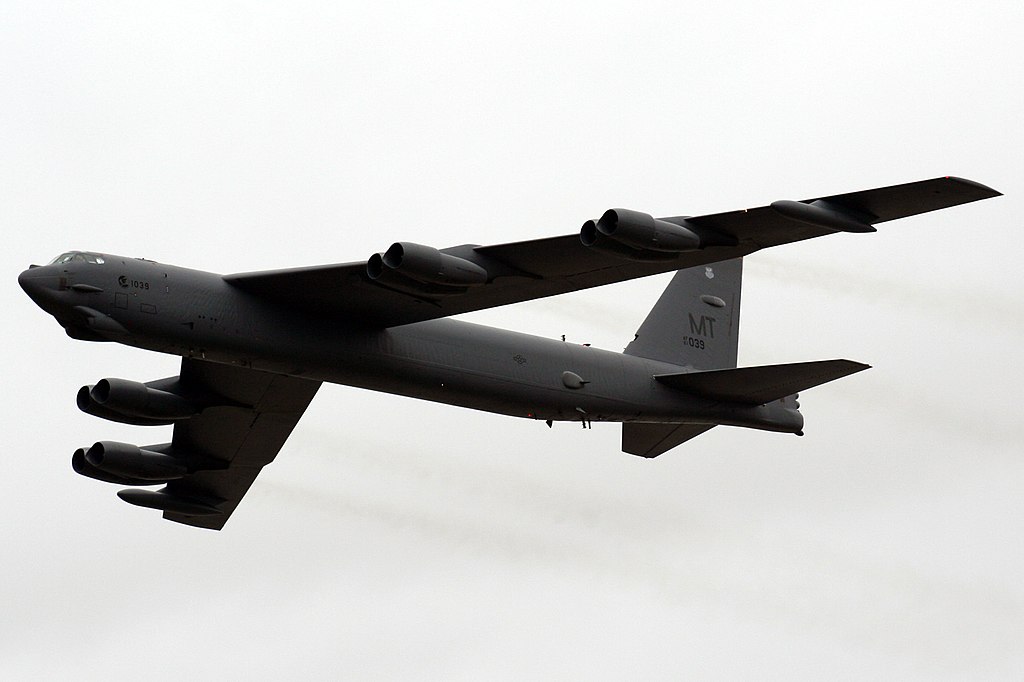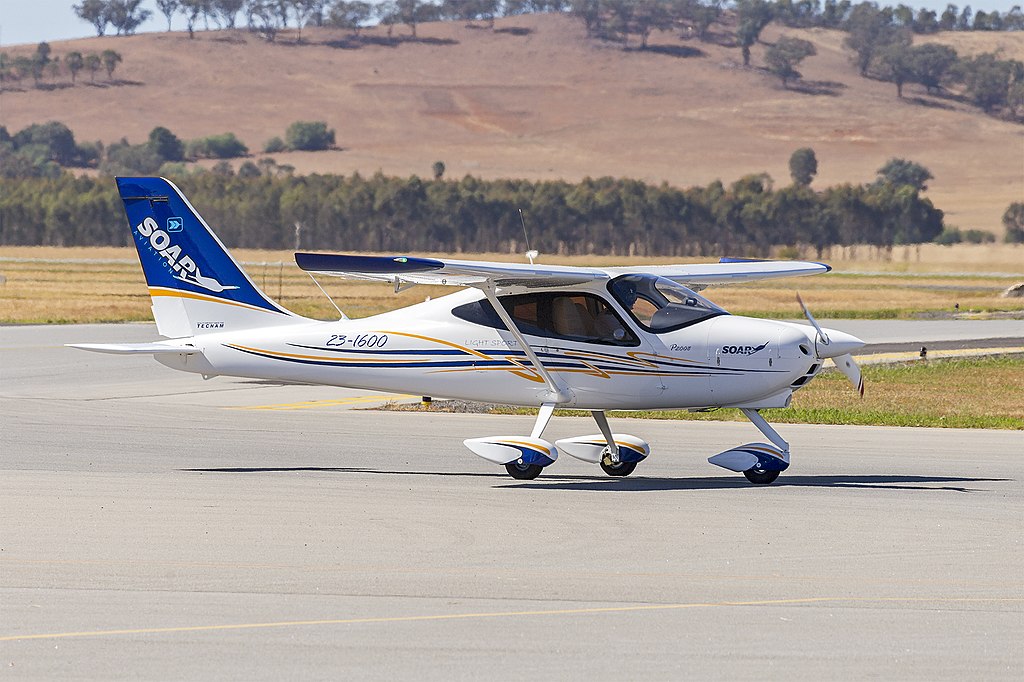Discover insights, tips, and stories from the skies — from aircraft buying guides to pilot training.






Published: July 7, 2025
If you're considering purchasing a private jet or chartering one for business or pleasure, hiring a private aviation broker might be extremely beneficial. In this article, we will explain what a broker performs, why they are useful, and how to select the ideal one for your needs. This allows you to avoid mistakes and feel more sure about your selection.
A private aircraft broker is an individual who can assist you in buying, selling, or chartering a private plane with ease. They act as a useful intermediary between you and the aircraft vendors, purchasers, or companies. Their duty begins by inquiring about your needs, such as how frequently you intend to fly and what type of plane you prefer. Then they look for the right aircraft, negotiate with vendors, and help you secure a good deal.
The private aircraft broker also handles the paperwork, ensuring that everything is legal and safe. They assist in scheduling inspections, reviewing contracts, and ensuring the delivery or charter runs properly. Even after the transaction is completed, many brokers remain in touch to answer questions or assist with future flights. This makes the entire process easier and safer for you.
Why Use a Broker?
Using a private aircraft broker can be a wise decision, particularly if you are new to private aviation. A broker understands the market, so they know how much planes cost, what trends to watch for, and how to avoid common mistakes. They leverage their industry experience to negotiate more favorable pricing and arrangements for you. Instead of spending hours on research, paperwork, and preparation, the broker handles everything for you, saving you time and stress. They ensure that everything runs well, from scheduling inspections to managing contracts. With a private aircraft broker, you receive expert assistance and peace of mind throughout the entire process.
Choosing the right private aircraft broker is crucial if you want to secure the best deal and have a smooth journey. Begin by reviewing their experience. Have they worked on the type of aircraft you want to purchase or charter? Next, check if they are certified by organizations such as ARGUS, Wyvern, or IS-BAO. These certifications demonstrate that the broker adheres to strict safety and vetting processes, which safeguard you, the buyer or charter customer.
Also, ask about their fees. A reputable private aircraft broker will clearly outline their charging method, specifying whether it is a fixed fee or a percentage of the transaction (typically 5-10%). A broker with excellent contacts can provide more aircraft options and better costs. Finally, examine the reviews and request references from former clients. This allows you to better understand how they work and how they deal with problems when they arise.
A private aircraft broker and an operator both assist in private flight, but they play distinct roles. A private aircraft broker operates as a middleman, assisting you in finding a suitable aircraft or vendor. They do not own airplanes. Instead, they aim to help you select the best alternative. In simpler terms:
This makes brokers ideal for providing more options and expert assistance.
A private aircraft broker can assist with various needs, depending on your requirements. If you want to fly on a private jet for a single trip, a charter broker will set up that flight for you. If you're looking to buy or sell a jet, a sales broker is the one who handles that. Some private aircraft brokers do both, helping with flights and buying or selling aircraft. Knowing which type of broker fits your needs makes it easier to find the right help.
1. Share your goals: Tell them what you want—type of aircraft, usage, and budget
2. Review options: They’ll show you aircraft or charter plans matching your needs
3. Ask questions: Inquire about operational history, runway needs, or crew training
4. Inspect & evaluate: Plan inspections and review maintenance logs
5. Finalize terms: A broker helps negotiate the contract and fees
6. Stay supported: They assist even after you fly or buy, ensuring smooth operations
When selecting a private aircraft broker, there are several common issues to be aware of. Some brokers may levy hidden fees or collect additional money without your knowledge. Others may not verify whether the aircraft operators are safe and reputable. It's also perilous to work with brokers who lack experience and training. Bad communication and last-minute changes can also generate stress. Choosing the right private aircraft broker enables you to avoid these complications, making flight planning simple and safe.
Working with a private aviation broker can make it much easier to buy, sell, or rent a jet. Choosing someone who is certified, competent, and open provides you with professional advice, better deals, and piece of mind. With the appropriate broker on your side, flying private becomes far less intimidating—and much more manageable.
Are you ready to locate a broker who truly understands your needs? Before making a decision, check credentials, ask questions, and compare your options.
A private aircraft broker assists clients in arranging private flights and managing aircraft sales. They function as an intermediary between the customer (or tourist) and the operator or seller. Brokers assess possibilities, ensure safety, and negotiate costs on your behalf. Their mission is to make private flying and aircraft purchases easier, safer, and more affordable.
A private airplane broker's earnings can range from a few thousand dollars per transaction to six figures per year, depending on experience and customer volume. Brokers typically earn money through commissions, which can range between 3% and 10% of the entire flight or sale price. Some also impose flat service costs. Brokers that work with high-end clientele or luxury aircraft charters typically earn more consistently.
To become a private aircraft broker, you don’t need a specific degree, but strong knowledge of aviation and sales is key. Many brokers start by working in charter sales or joining an established brokerage firm to learn the industry. Certifications or licenses aren’t always required but can add credibility, especially when dealing with high-value jets. Building trust, networking, and understanding aircraft types and regulations are essential for long-term success.
Hiring a private aircraft broker often entails a commission cost of 3%-10% of the whole transaction, whether it be a charter or a jet sale. Some brokers charge a flat fee or an hourly consultation rate, particularly for complex deals. The actual cost varies depending on the type of servicing required and the size of the aircraft. Working with a broker may appear to be an additional expense, but it frequently saves money by avoiding mistakes and obtaining better offers.
Yes, a private aircraft broker can earn a decent living, particularly in high-demand industries or luxury aviation. Brokers get commissions on every flight or sale they arrange, and as private travel has increased in popularity, so have the prospects. Experienced brokers who manage huge deals or serve VIP clients can earn well into six figures per year. Their success is often determined by their reputation, client relationships, and the number of transactions they handle each month.